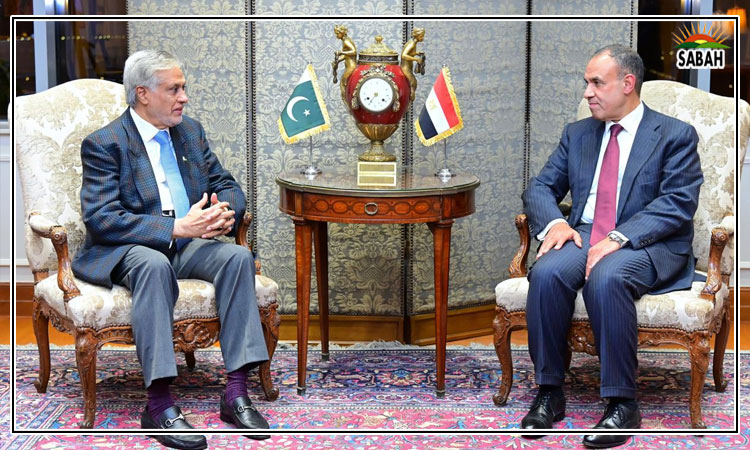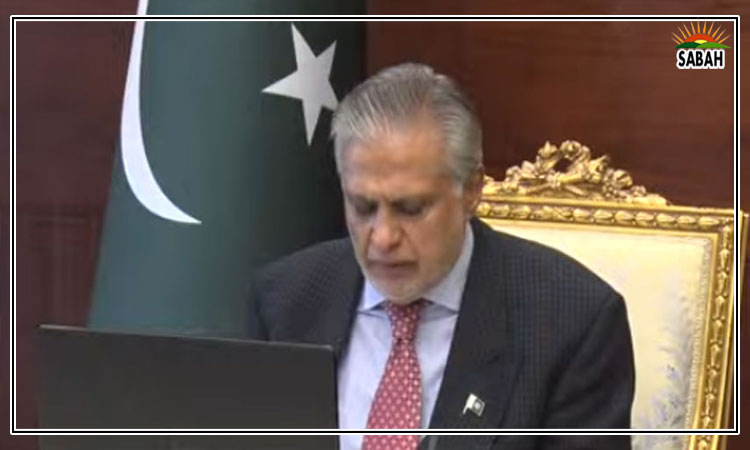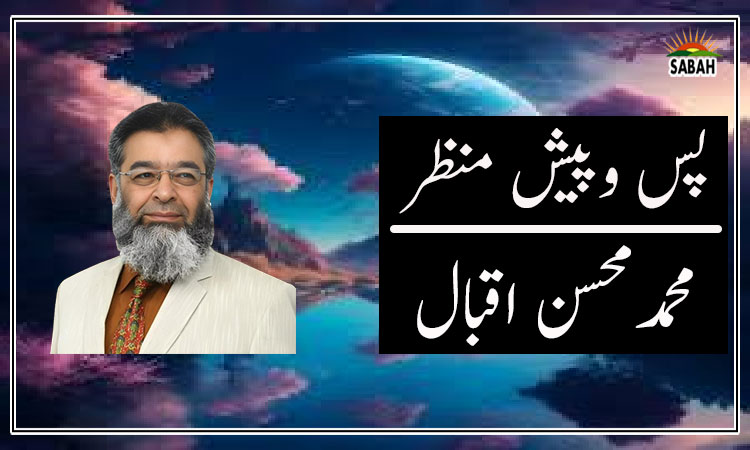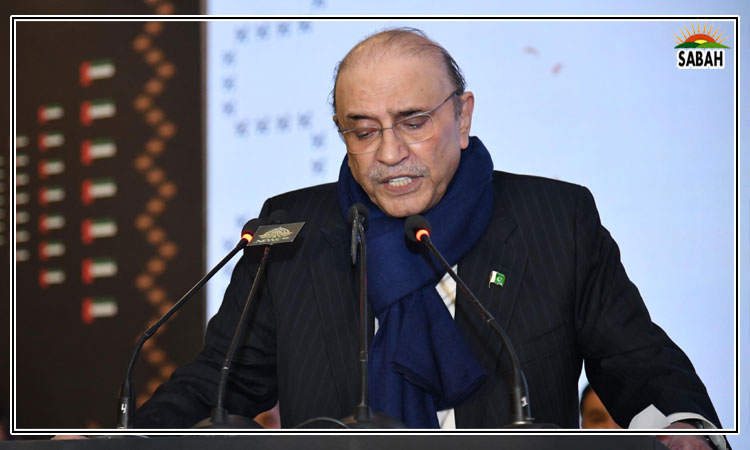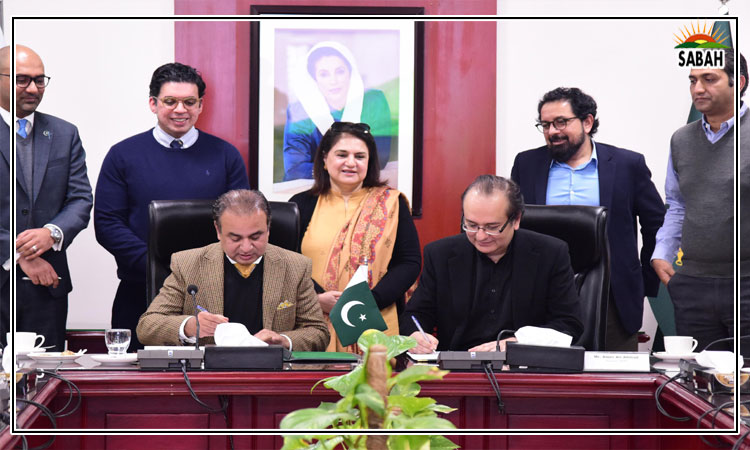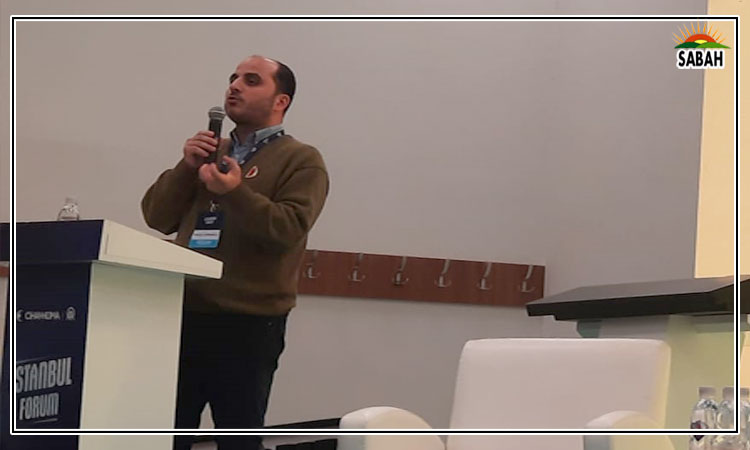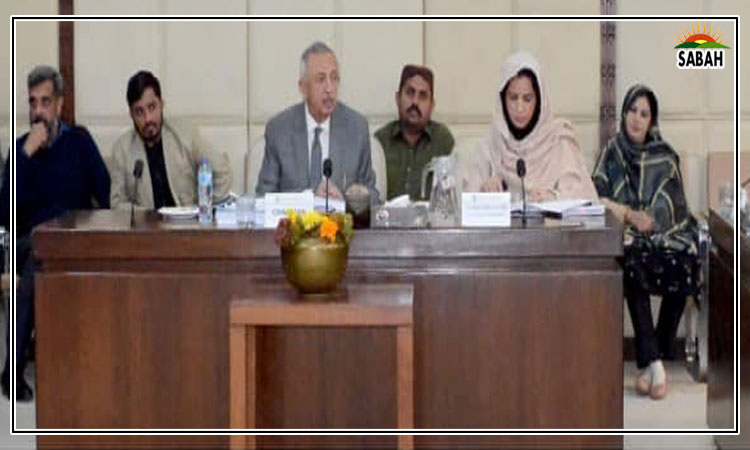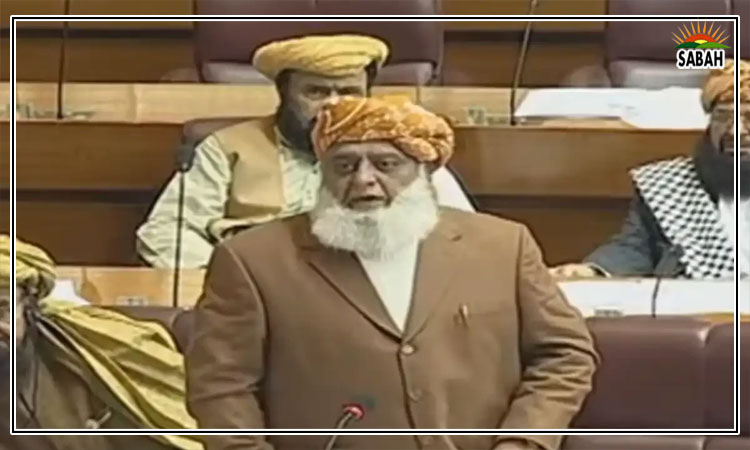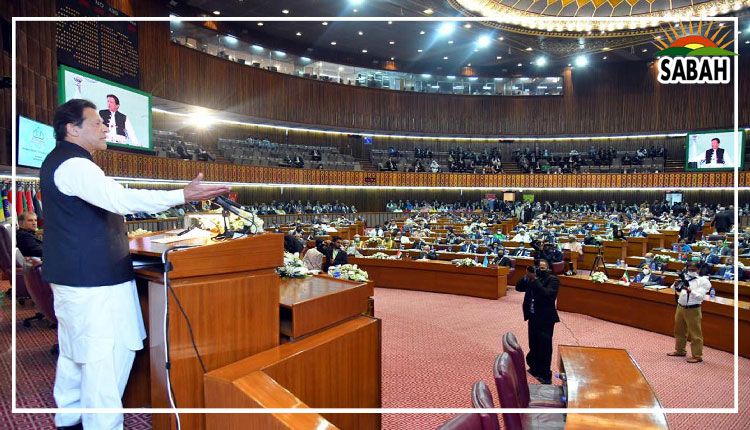Western countries did ‘not take the OIC seriously’ because ‘we are a divided house and those powers know it’: PM Imran Khan
ISLAMABAD, Mar 22 (SABAH): Prime Minister Imran Khan delivered a keynote address at the inaugural session of the 48th Council of Foreign Ministers (CFM) of Organisation of Islamic Cooperation (OIC) at the Parliament House in Islamabad on Tuesday.
While talking about the OIC’s role, he said, “We have failed both the Palestinians and the people of Kashmir. I am sad to say that we have been able to make no impact at all.”
The premier said Western countries did “not take the OIC seriously” because “we are a divided house and those powers know it”. “We (Muslims) are 1.5 billion people and yet our voice to stop this blatant injustice is insignificant.”
PM Imran Khan said international law was on the side of the people of Palestine and Kashmir, adding that the United Nations Security Council’s resolutions backed the right of the Kashmiris to self-determination through a plebiscite. However, the international community never ensured that right was given, he said.
Referring to India’s stripping of occupied Kashmir’s special status in August 2019, he said “nothing happened because they (India) feels no pressure.” “They feel we can just pass a resolution and then go back to our usual business.”
He cautioned that unless the OIC was united on core issues, human rights abuses would keep happening such as the “daylight robbery in Palestine”. “The only hope I have is that for the first time because of social media, there is awareness in Western countries. Much more than the OIC, it is the mobile phone and the spread of information of the injustices being done to the Palestinians … at the moment, that is the best way to protect them, not us.”
He said India was changing the demography in occupied Kashmir by bringing in settlers from outside but “no one has pushed about it because they think we are ineffective.”
PM Imran Khan began his speech congratulating the Muslim world for the recent adoption of a resolution against Islamophobia by the United Nations General Assembly (UNGA), that proclaims March 15 as International Day to Combat Islamophobia. He said the world was now realising that Islamophobia was a reality and more needed to be done to combat it.
“Why was Islam equated with terrorism?” Imran questioned, and referred to the Christchurch attack on a mosque as a consequence of this stereotyping. “Once that happens, how is the man in the street in Western countries, how is he supposed to differentiate between a moderate Muslim and a radical Muslim? Hence, this man walks into a mosque and shoots everyone he could.”
The prime minister said it was unfortunate that the Muslim world was not able to combat this image of Muslims. “What should have been done wasn’t; the heads of Muslim countries should have taken a stand on this. Unfortunately this narrative of Islamic terrorism, Islamic radicalisation, this narrative went on unchecked.”
In response to this wave of Islamophobia, PM Imran Khan said, some Muslim heads of state said they were moderate Muslims. “When you say this, you automatically say there are some extremist Muslims.”
The premier also spoke about the global situation, expressing his apprehension that the world is “headed in the wrong way”.
A new Cold War had almost started and the world could be divided into blocs, he said, stressing that unless 1.5 billion Muslims took a united stand, “we will be nowhere.” No other people had suffered as much as the people of Afghanistan, he said, adding that for the first time in 40 years, there was “no conflict” in the war-torn country. “The only danger now is through the sanctions [imposed on Afghanistan] and non-recognition”, which could cause a humanitarian crisis, he cautioned.
He said it was “extremely important” to stabilise Afghanistan because it was the “only way we are going to be able to stop international terrorism from Afghan soil”. “Let’s not be delusional that some other country can come in and fight terrorism through drones. The only way is a stable Afghanistan government that can take care of terrorism.
“Anyone who knows the Afghan character should be cautioned, please do not push the people of Afghanistan where they feel their sovereignty is being threatened.”
The premier called on the OIC to encourage the Afghan people and include them in the international community, saying he believed the “people of Afghanistan are strong enough to evolve and go in the right direction.”
The Prime Minister suggested the OIC play its role to stop conflict in Ukraine. He said the OIC, China and all the non-partisan countries should use their influence to resolve the crisis.
PM Imran Khan suggested that the OIC foreign ministers should discuss how the body could “mediate, try to bring about a ceasefire and an end to the conflict”.
If the war continued, it would have “great consequences for the world”, he cautioned. “All countries that are non-partisan are in a special position to be able to influence this conflict.”
He again repeated his suggestion that the foreign ministers discuss the issue, adding that he would also talk about it with Chinese Foreign Minister Wang Yi about how the OIC, along with China, “can influence the events in Ukraine and stop this and have some ceasefire and resolve this conflict”.
PM Imran Khan expressed his intention to discuss with the Chinese FM how OIC as a bloc and China can help in a ceasefire in Ukraine. He called on FM Shah Mahmood Qureshi to discuss the matter with the other FMs.
He concluded saying that the 1.5 million strong Muslim world should stand united and not be dragged into bloc politics. Instead, they should remain a bloc themselves and show power in bringing about peace.


